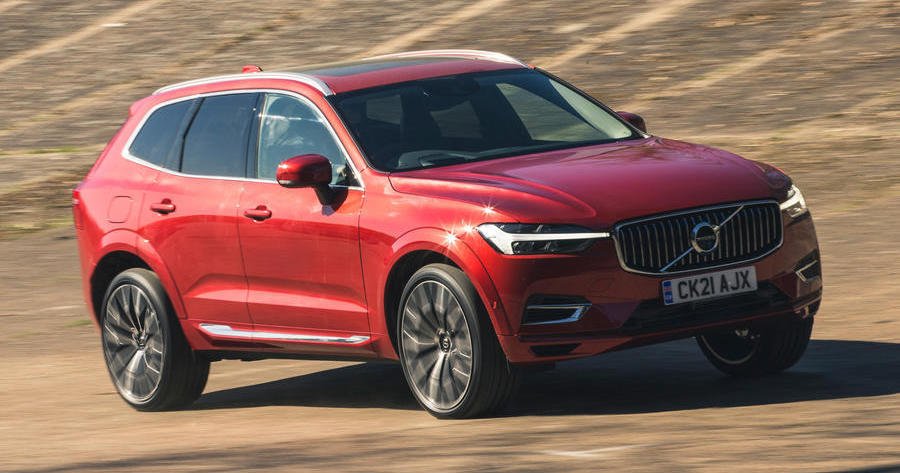Chip shortage: Ford, Volvo exclude safety features from new cars

Some car manufacturers are building vehicles with fewer semiconductor chips in response to the worldwide shortage that has crippled the industry in recent months.
Two trim lines on Ford's Puma crossover, for example - Titanium and ST-Line - are now being offered alongside a cheaper ‘Design’ spec that uses fewer chips, but loses certain features as a result.
According to the latest price list, Design versions of the ST-Line go without high beam assistance, rear parking sensors, lane-keeping assistance, lane departure warning, pre-collision assistance with automatic emergency braking (AEB), pedestrian and cyclist detection, and post-collision braking.
There's also a Design edition of the EcoSport ST-Line that economises with several of those features.
Puma Design models are £900 and £1550 cheaper than the ST-Line and Titanium forms respectively, and a spokesperson for Ford has told Autocar that their reduced reliance on chips means customers can choose to receive their cars in a month or two, or wait longer for a fully equipped vehicle.
“The global semiconductor chip shortage has affected almost all vehicle manufacturers around the world, including Ford," said the spokesperson. "In order to meet the needs of our customers for Puma and EcoSport, Ford is realigning the content of a small volume of vehicles to mitigate the impact of the chip shortage."
The decision to reduce the number of chips in a popular model contrasts with other manufacturers that have opted to temporarily pause production altogether in certain cases.
Meanwhile, the absence of AEB and lane-keeping assistance means that the Puma’s five-star Euro NCAP - awarded in 2019 - doesn’t apply to Design-designated cars.
“We’re aware of the situation,” said Matthew Avery, director of insurance research at Thatcham Research. “Ford, to give them their due, have been very responsible and contacted us because they recognise that they would be infringing the requirements for Euro NCAP without that equipment.
“We understand manufacturers are trying to shift metal and buyers are anxious for cars, but we wouldn’t want them to specify those vehicles. We would ask consumers to wait: when it comes to safety equipment, we think you should hold back because this technology may save your life.”
The Ford Puma retains its five-star Euro NCAP rating, but the car’s online listing makes it clear that “Pumas of ‘Design’ grade do not have all the safety features needed” to fulfil the car’s five-star status.
AEB and lane departure warning systems are set to become mandatory on new type approvals from May 2022: even if the shortage lasts beyond that date, Ford won’t be breaking these rules as the Puma - which is already type approved - won’t have to comply until May 2024.
Elsewhere, Volvo has confirmed that the shortage of semiconductors has forced it to scale back the features of its Driver Awareness pack on the XC60.
“This package contains BLIS (Blindspot Information System) with Steer Assist, CTA (Cross Traffic Alert) with Autobrake, and RCWM (Rear Collision Warning and Mitigation),” said a Volvo Car UK spokesperson. “The XC60’s high basic safety standard is not affected.
“These features do not have an impact on the safety rating – for example, the Euro NCAP rating – of our cars. The safety level of our cars is fully sufficient with the standard safety features."
Volvo is contacting customers who have specified the package to ask if they want to continue with their orders without the equipment, or wait until the kit becomes available once more.
The spokesperson added: “The semiconductor situation is very volatile, so we cannot provide a timing today for when these features will become available again, although we will keep our customers informed. We are working closely with our suppliers to minimise the impact on our customers.”
